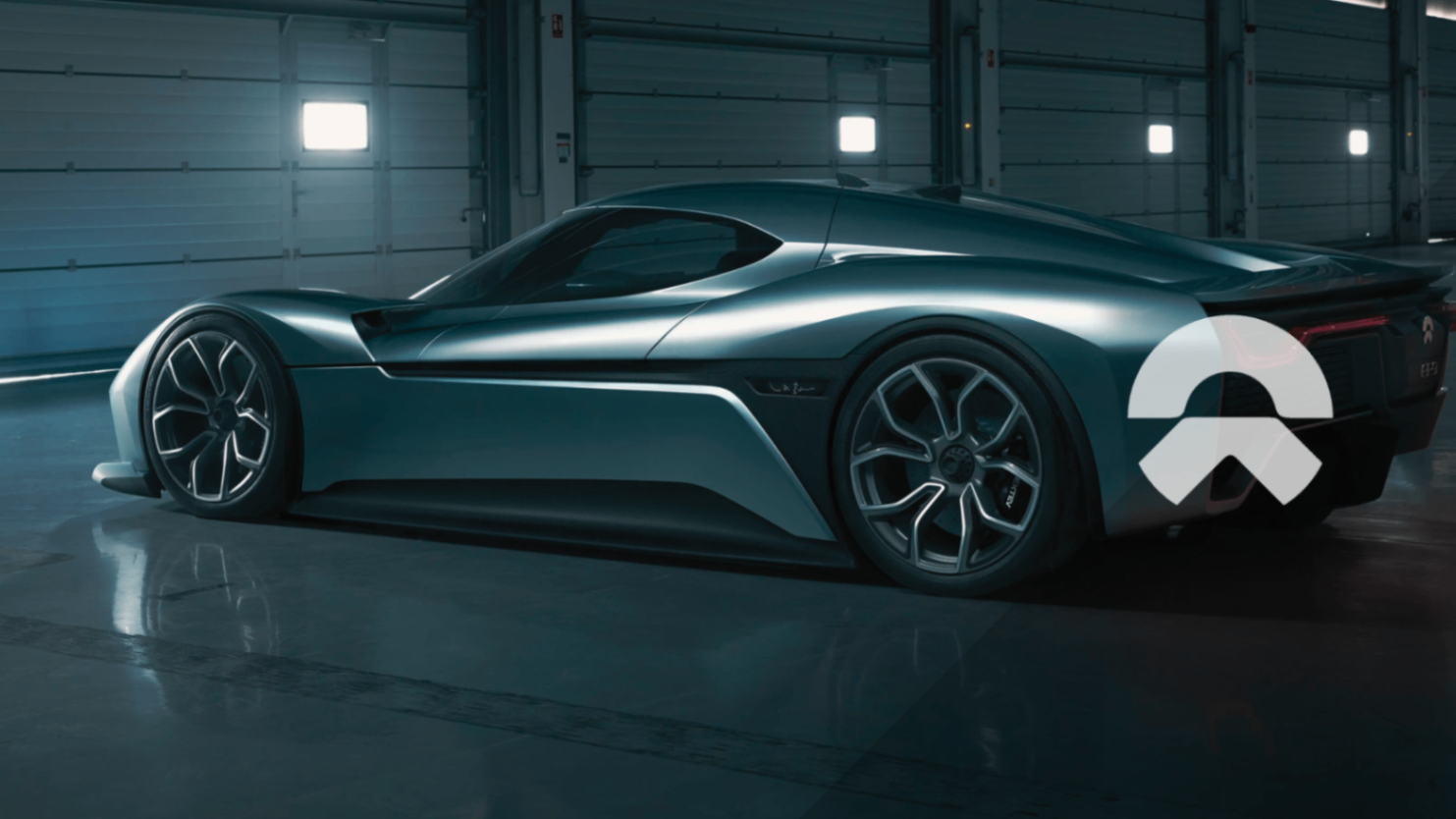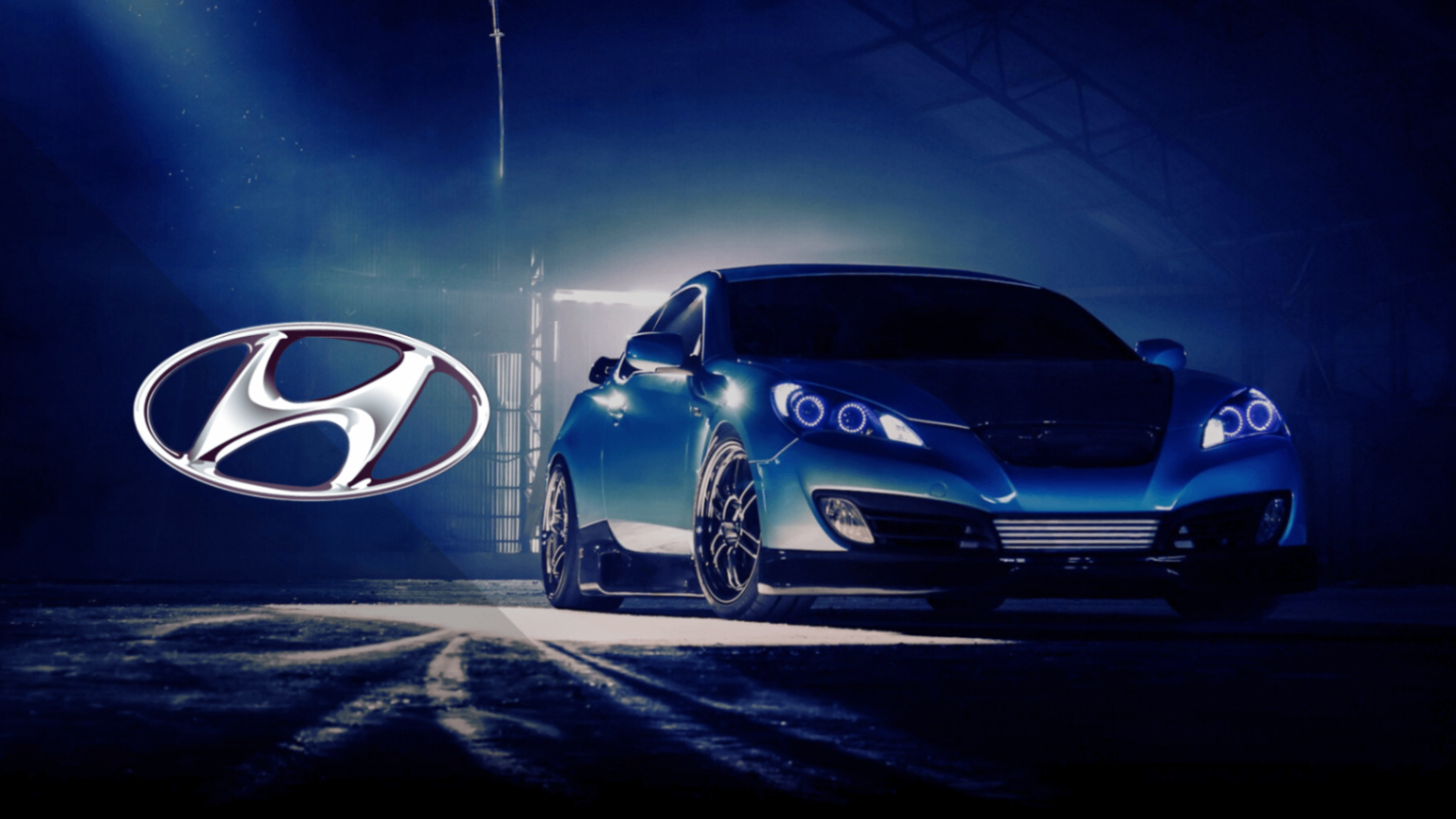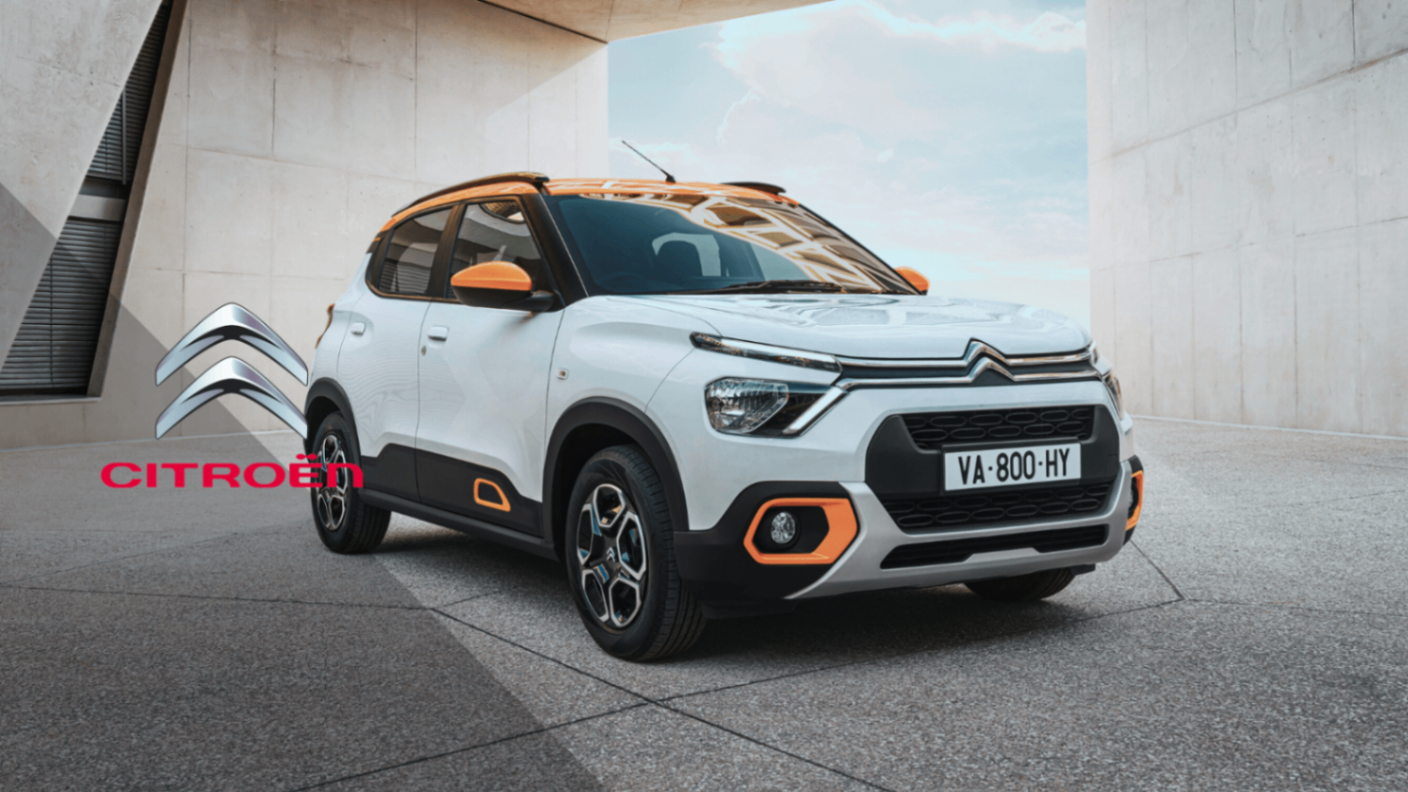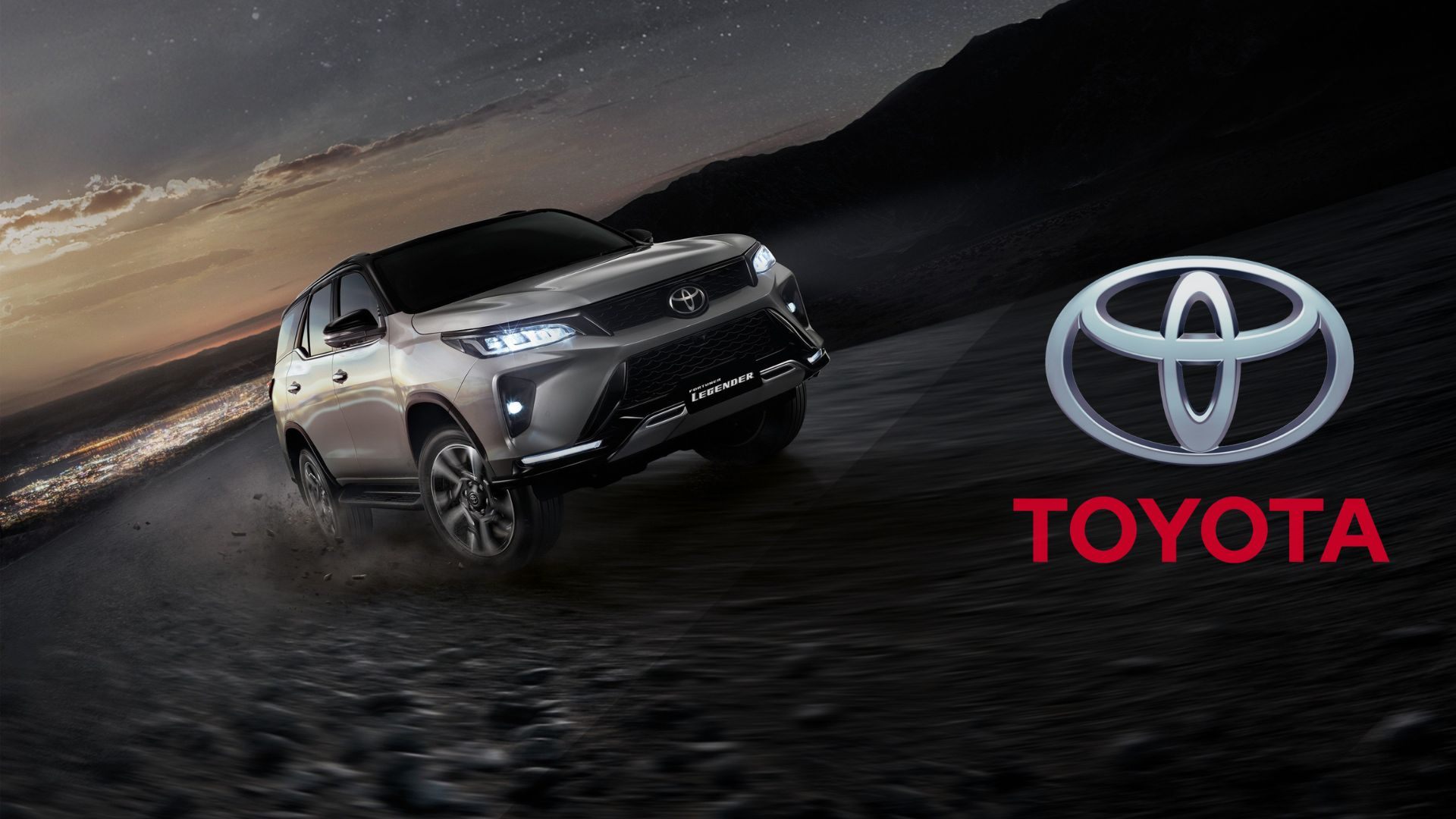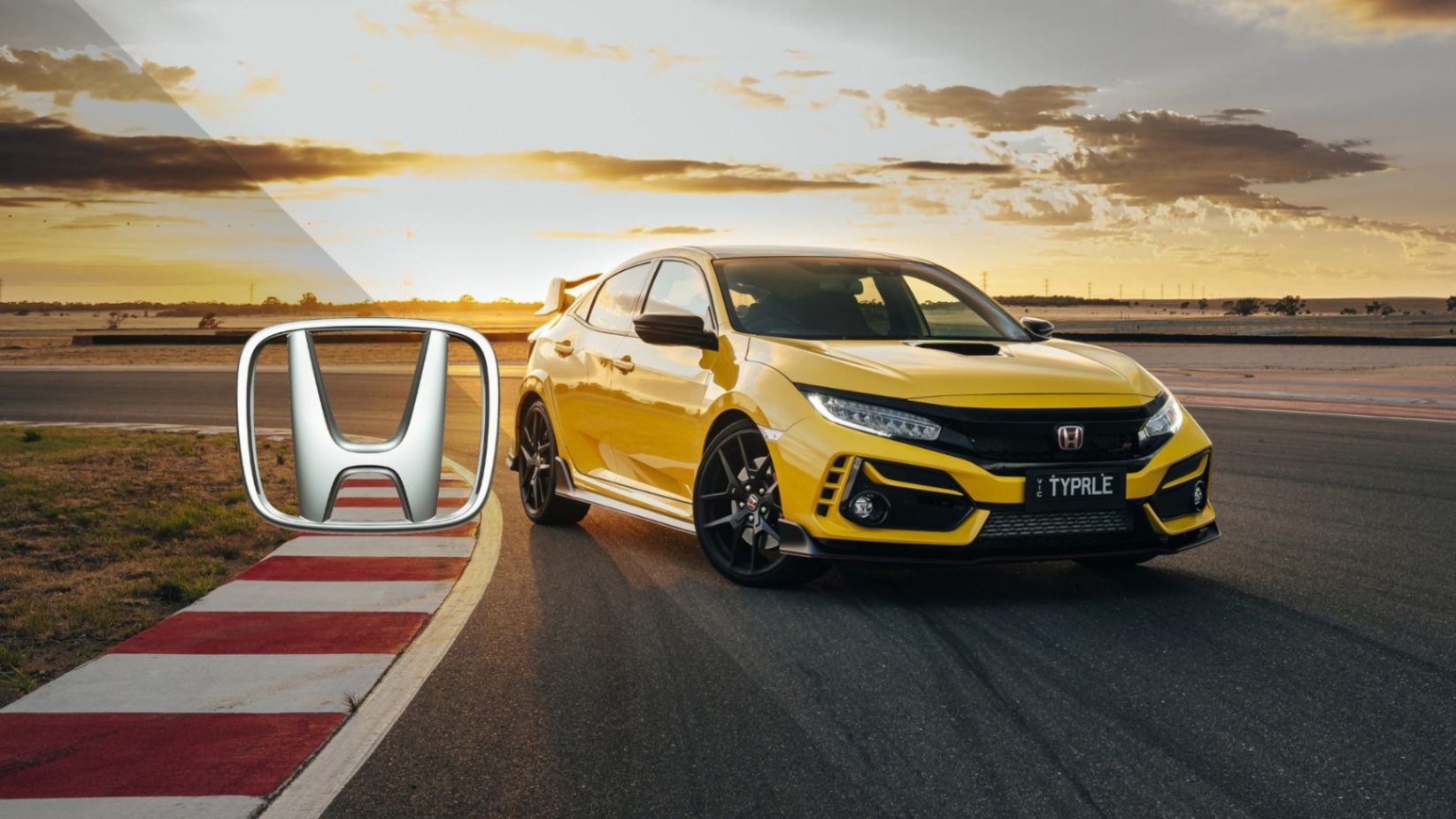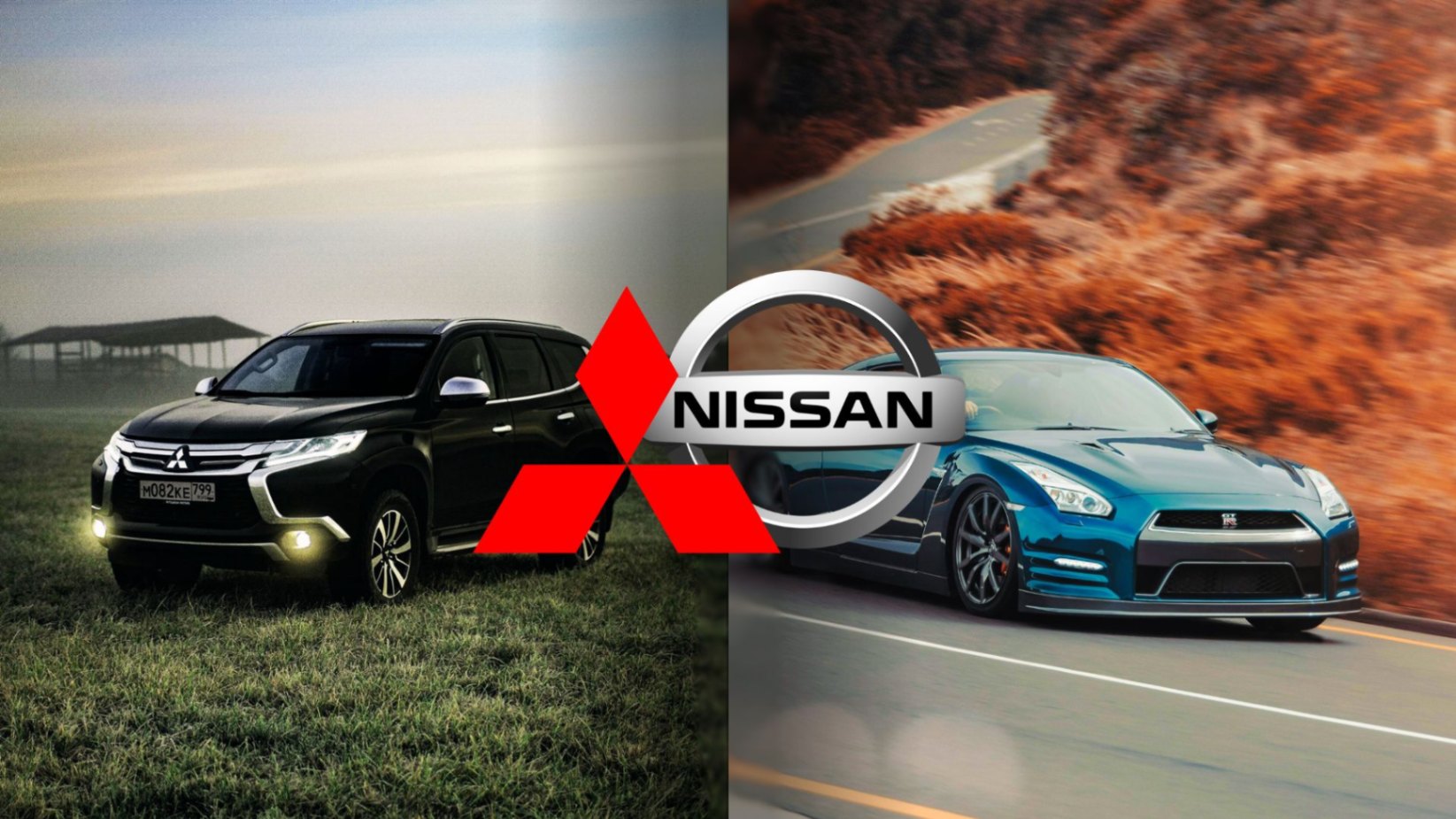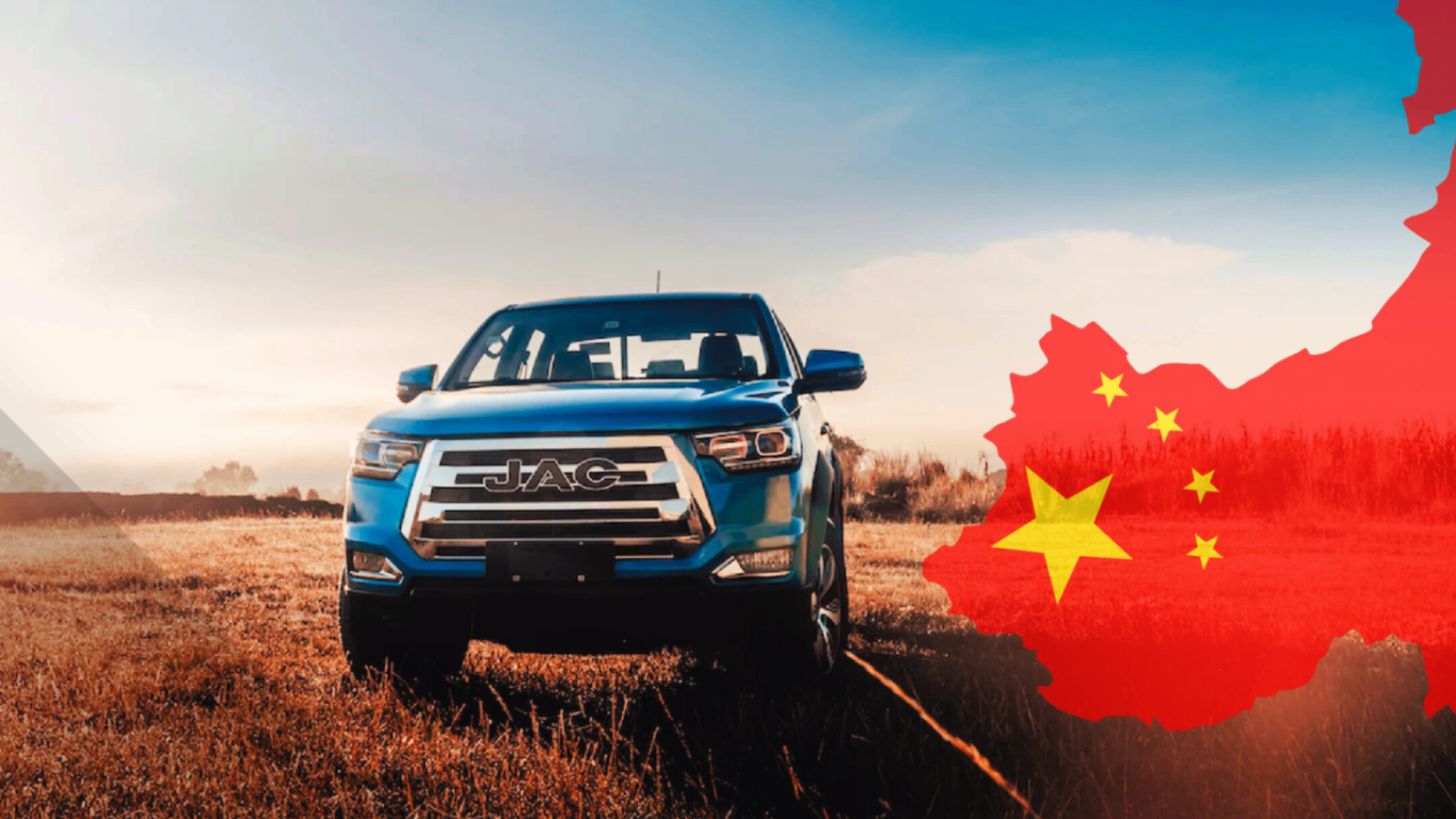
In a world dominated by Tesla's electric vehicle conversation, NIO has emerged as a worthy contender from China. With unique technological innovations like its battery swapping system and a focus on autonomous driving and sustainability, NIO has been dubbed the 'Tesla of China'. But is it merely an imitation or does it truly have what it takes to surpass the American giant?
NIO's Ascent in the Competitive World of Electric Vehicles
NIO has emerged as a key player in the electric vehicle industry, earning the moniker 'China's Tesla'. The company has managed to position itself in the market thanks to its focus on technological innovation and commitment to environmental sustainability. With the growing importance of EVs in the future of mobility and environmental sustainability, NIO has captured the attention of many for its innovations and unique approach. The company has not only focused on developing high-quality electric vehicles but has also implemented innovative solutions such as its battery swap system, offering an efficient alternative to traditional fast charging. Additionally, NIO has invested heavily in research and development of autonomous driving technologies, allowing it to stay at the forefront of a highly competitive market.
The question many ask is: what sets NIO apart from Tesla and other competitors in the EV market? The answer lies in its technology, market strategies, and commitment to user experience. NIO has adopted a holistic approach that encompasses everything from vehicle design and manufacturing to the creation of a robust support infrastructure, including battery swap stations and personalized customer service. Furthermore, the company has developed a loyal user community through events and digital platforms, fostering a sense of belonging and exclusivity among its customers. This comprehensive and user-centric approach is what truly distinguishes NIO from its competitors, allowing it not only to compete but also to set new standards in the electric vehicle industry.
See also: The Rise of a Chinese Automotive Giant: The Story of Geely
Origins: The Founding of NIO and William Li's Dream
NIO was founded by William Li, a visionary entrepreneur who dreamed of creating an electric vehicle company that could compete on a global scale. Li, who has always had a passion for technology and innovation, saw a unique opportunity in the electric vehicle market. Inspired by the early success of Tesla and Elon Musk, Li decided to challenge Tesla's dominance in the EV market. His vision was not merely to create electric vehicles, but to transform the way people perceive and use these vehicles. Li wanted NIO to be more than just a car brand, but a complete experience encompassing cutting-edge technology and exceptional customer service.
Since its inception, NIO has followed a trajectory similar to Tesla's, with a heavy investment in technology and a clear vision of a sustainable future. The company has poured significant resources into research and development, ensuring it remains at the forefront of technological innovation. However, Li has brought his own unique perspective and innovative strategies to differentiate NIO from its competitors. For instance, he has emphasized the importance of community and customer loyalty, organizing exclusive events and creating digital platforms where users can interact and share their experiences. Additionally, Li has pushed for the creation of a robust infrastructure of battery swap stations, something that Tesla has not implemented on a large scale. These strategies have not only allowed NIO to stand out in a competitive market but also set new standards in the electric vehicle industry.
You can see here: Omoda's Vision and Mission: The Future of Mobility
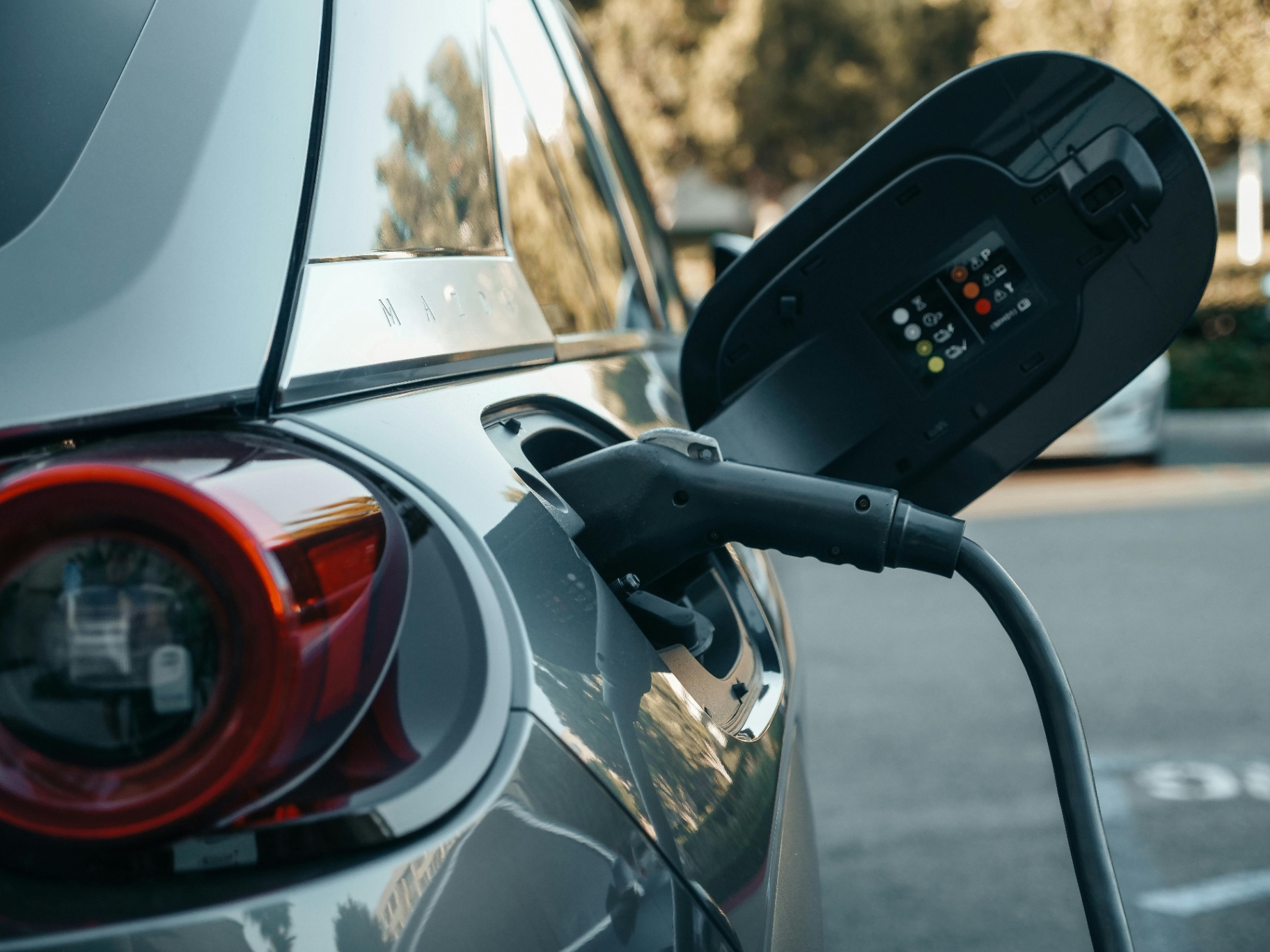
Technology: NIO's Battery Swap System
One of NIO's most notable innovations is its battery swap system, which allows users to replace their depleted batteries with fully charged ones in a matter of minutes. This system offers an alternative to fast charging, which is Tesla's primary focus. Unlike fast charging, which can take anywhere from 30 minutes to an hour to reach a full charge, NIO's battery swap system enables drivers to continue their journey almost immediately, minimizing downtime. This process is carried out at specially designed stations where an automated system efficiently and safely performs the battery swap. Battery swap stations are strategically located along popular routes and in urban areas, making them easily accessible to users.
The battery swap system significantly reduces wait times for users and enhances the driving experience, making long journeys more convenient and efficient. Additionally, this system also addresses one of the primary concerns of electric vehicle drivers: battery degradation. By enabling battery swapping, NIO ensures that users always have access to batteries in optimal condition, extending the vehicle's lifespan and improving its overall performance. This innovation not only benefits individual drivers but also has the potential to transform the electric transportation infrastructure, offering a practical and sustainable solution for future mobility.
Check this out: Are Chinese cars really just cheap copies or are they worth the hype?
Autonomous Driving: The Battle for the Future of EVs
In the realm of autonomous driving, NIO and Tesla are locked in an ongoing race for innovation. While Tesla is renowned for its Autopilot and Full Self-Driving (FSD), NIO has developed its own advanced driver-assistance system, incorporating significant advancements in artificial intelligence and machine learning. This system, known as NIO Pilot, includes a suite of advanced features such as adaptive cruise control, lane-keeping assist, blind-spot detection, and autonomous parking. Moreover, NIO has implemented a network of high-precision sensors, cameras, and radars that enable real-time environmental perception, enhancing safety and driving efficiency.
NIO's innovations in this field are designed to deliver a safer and more efficient driving experience, and some argue that NIO may be surpassing Tesla in certain aspects of autonomous technology. For instance, NIO's system is capable of learning and adapting to traffic conditions and user driving habits, providing a personalized and optimized experience. Additionally, NIO has forged partnerships with leading technology companies to further enhance its autonomous capabilities, enabling it to stay at the forefront of a rapidly evolving market. With these innovations, NIO seeks not only to compete with Tesla but also to redefine the future of autonomous mobility.
Check this out: The Story of BYD: From Batteries to Electric Vehicle Giant

Iconic Models: NIO vs. Tesla on the Road
NIO has launched several iconic models, such as the ES8, ES6, and EC6, which compete directly with Tesla models like the Model S, Model X, and Model 3. These vehicles are compared in terms of design, performance, technology, quality, range, and price. The ES8, for instance, is a seven-seater luxury SUV that offers a premium driving experience with a sleek design and advanced technology. The ES6, a five-seater SUV, combines sporty performance with comfort and efficiency, while the EC6 is a coupe crossover that stands out for its aerodynamics and avant-garde style. Each of these models has been meticulously designed to meet the diverse needs and preferences of consumers, offering an attractive alternative to Tesla vehicles.
User testimonials and reception in China have been very positive, highlighting the build quality, comfort, and technological innovations of NIO vehicles. Additionally, NIO is starting to gain traction in Western markets, where consumers increasingly value electric vehicle options that combine sustainability with high performance. Comparisons between the models of both companies reveal that NIO is not only competing but in some cases is exceeding expectations. Users have particularly praised NIO's battery swap system, personalized customer service, and autonomous driving experience, factors that have contributed to NIO's positioning as a formidable competitor in the global electric vehicle industry.

